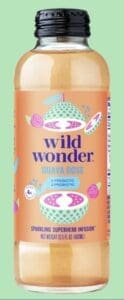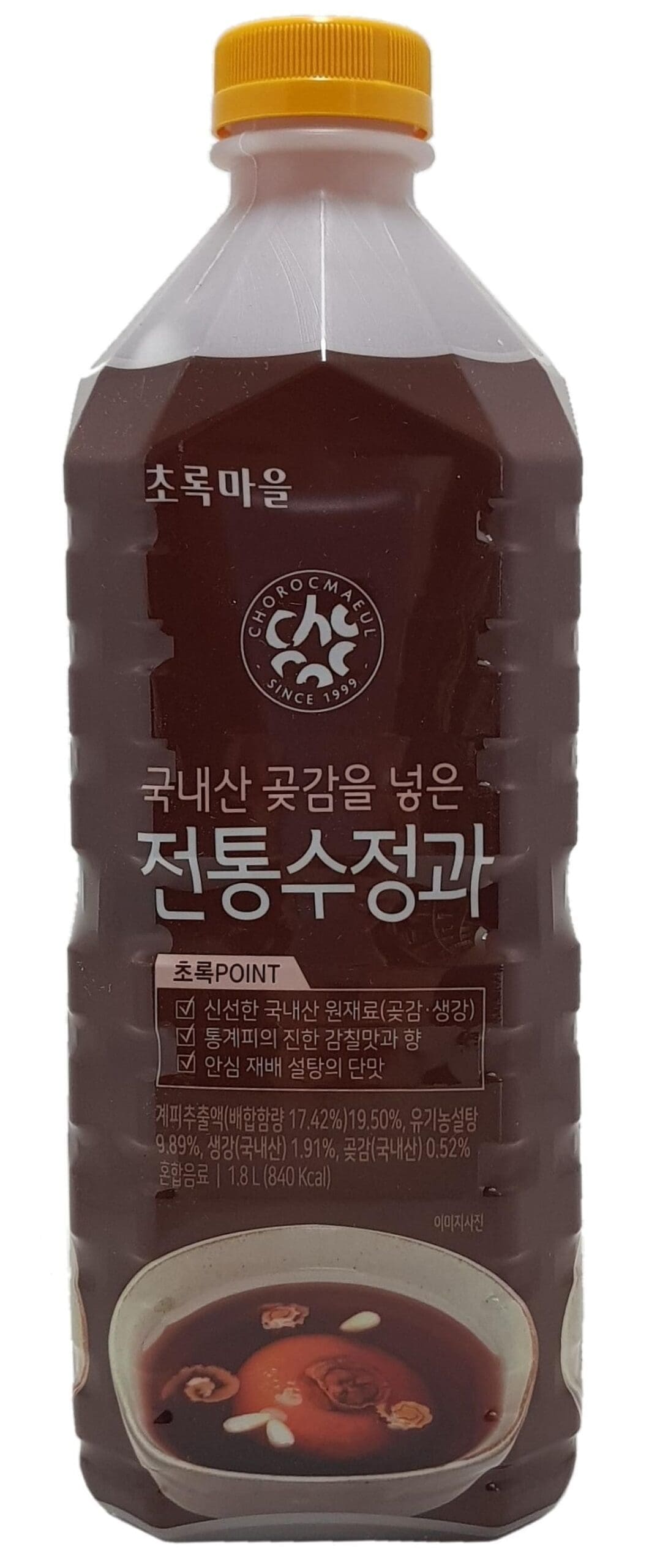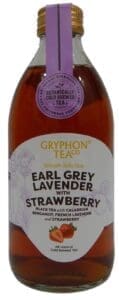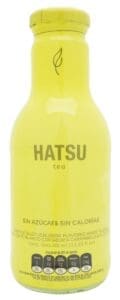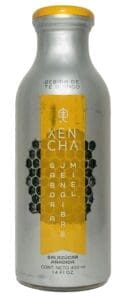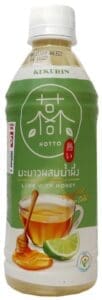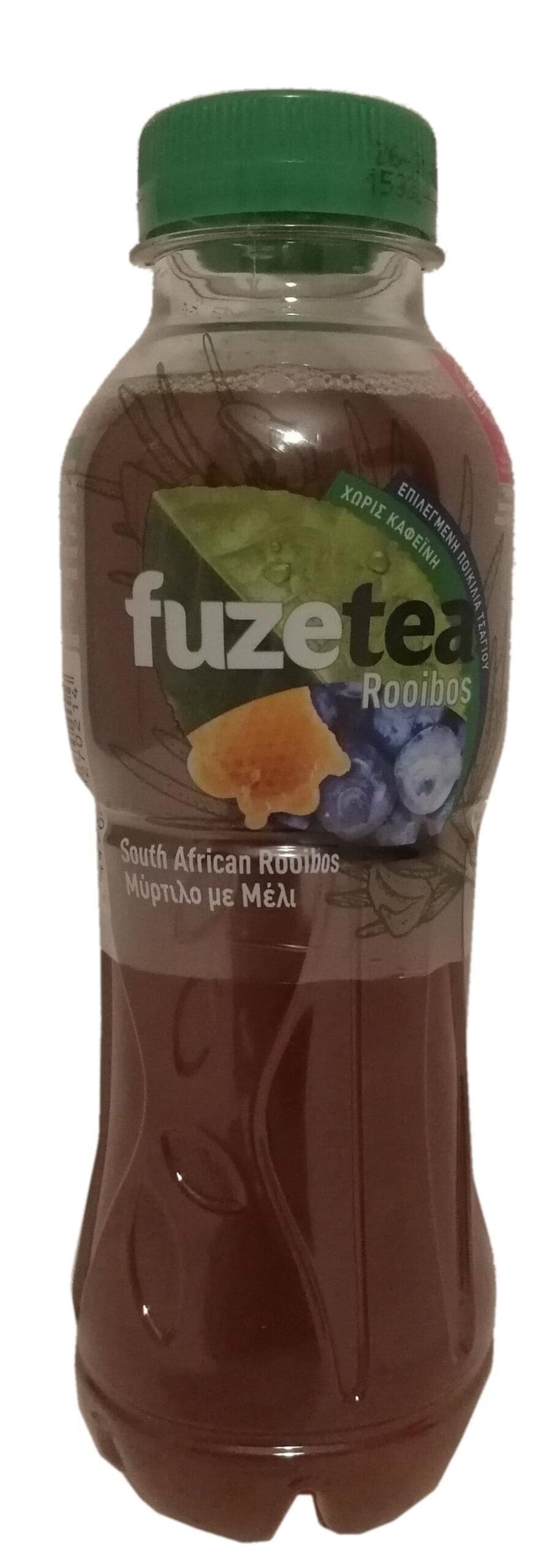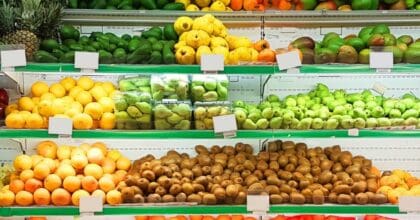-
Articles + –
COVID-19 to accelerate Ready To Drink (RTD) tea flavour trends
The COVID-19 pandemic has put new emphasis on the link between diet and health, and is likely to accelerate the trend towards healthier, higher-quality RTD teas. While health will have a growing influence on purchase decisions going forward, flavour remains a primary purchase motivation for consumers and is an important link that connects consumers with healthy drinks.
Consumers trust the natural power of botanicals
Botanical flavours, delivering (actual or perceived) health benefits and clean labels, are set to thrive in this context. While herbal flavours are more established, spices – led by ginger – are gaining traction globally and are key in driving health-focused RTD innovation.
While hot herbal teas have a long tradition of promoting their natural health benefits, there is a growing opportunity also for RTD teas to leverage their functional power. Botanical ingredients can be tailored to consumers’ varied health and wellness need-states. Key interests among US tea drinkers include stress relief, digestive health, energy boost and immunity support. COVID-19 has particularly reinforced the importance of having a healthy immune system.
Restricted by regulations in many markets, many botanical teas make no direct statements as to the claimed functionality of their ingredients, relying instead on consumers’ growing awareness of their professed benefits. In key European markets, over half of consumers agree that botanical ingredients (eg. herbs, spices) can have medicinal benefits.
Ginger is the current star among spice flavours. While commonly paired with familiar evergreen flavours, spices also take on a more exclusive, leading role in new launches.
Fuze Tea White Ice Tea with Sea Buckthorn and Ginger (Hungary)
Source: Mintel GNPD
Wildwonder Turmeric Pear Sparkling Superherb Infusion (US)
Source: Wild Wonder
Chorocmaeul Traditional Cinnamon Punch (South Korea)
Source: Mintel GNPD
Explore the blooming world of flowers
Delivering a touch of elegance while also meeting consumers’ expectations for natural ingredients, floral flavours in RTD tea are blooming. They have seen steady growth in the past four years. While floral flavour activity is led by Asia and Latin America, the strongest growth in recent years can be attributed to Europe and North America.
Floral ingredients have a long history in Latin America and Asia, where different types are valued for their supposed positive role on health. Some flowers, including chrysanthemum, rose and honeysuckle, are actually listed in the ‘bible of traditional Chinese medicine’, the Compendium of Materia Medica, for their purported health benefits.
Cherry blossom, lavender and lotus are flavours to watch:
Lipton Hibiscus and Cherry Blossom Herbal Ice Tea (Netherlands)
Source: Mintel GNPD
Gryphon Tea Co. Earl Grey Lavender Tea with Strawberry (Singapore)
Source: Mintel GNPD
Hatsu Starfruit & Lotus Blossom Flavored White Tea Drink (Colombia)
Source: Mintel GNPD
Look to the sweet potential of honey
Honey is uniquely suited to deliver both flavour and sweetness, and also comes with an aura of healthy indulgence. Around the world, consumers often show positive opinions towards sugars and sweeteners with a familiar, natural and less-processed image, with honey standing out as most popular by some distance. Though not a suitable means to achieve sugar reduction, honey’s long-established role as a traditional remedy is adding to its health halo.
Meanwhile, serving not only as a well-regarded sweetener but also a flavour, honey has emerged as a flagship ingredient in the drinks sector. Increasingly, RTD tea brands around the world prominently emphasise honey’s role as a flavour element, using on-pack imagery such as bees, hives and honeycomb in support.
Xen Cha Ginger and Honey Flavored White Tea Drink (Colombia)
Source: Mintel GNPD
Kukurin Hotto Lime with Honey Drink (Thailand)
Source: Mintel GNPD
Fuze Tea South African Rooibos Blueberry with Honey (Greece)
Source: Mintel GNPD
The opportunity
Accelerated by COVID-19, health and functionality are key for the future of RTD tea. Botanical ingredients align with that prospect, providing not only sophisticated flavours, but also actual/perceived functional benefits. RTD tea brands should focus on spices and flowers, the rising stars of flavour innovation. They could also look to the sweet potential of honey, which is uniquely suited to deliver both flavour and sweetness, and comes with an aura of healthy indulgence.

Julia Büch is a Food and Drink Analyst, specialising in delivering insights on issues affecting the German market, providing analysis across a range of categories.
-
Germany Iced Tea Market ReportDiscover in-depth analyses and trends including the behaviours, preferences and habits of the consumer....Find out more
-
Mintel LeapMintel Leap is a revolutionary new AI-powered platform that will transform your research process....Book a demo













